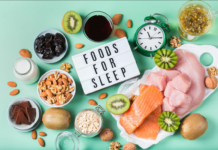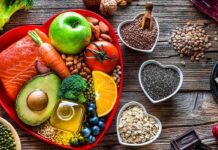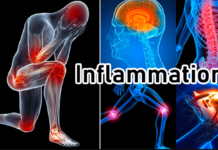Diet appears to be playing a significant role in the progression of chronic diseases such as obesity and diabetes, and science is increasingly discovering a link between unhealthy food consumption and its effects on health. Two studies published in the British Medical Journal (BMJ) on Wednesday go in that direction, warning of the dangers of eating ultra-processed foods. According to one of the studies, males who follow a low-carb diet had a nearly 30% greater risk of colon cancer.
Meanwhile, another study discovered that persons who ate less healthful meals were 27% more likely to die of heart disease. Despite the limitations, these are observational studies that seek association rather than causation of the two studies focused on the health risks of this sort of food. Heart disease and cancer are two of the leading causes of death worldwide. Foods that have been ultra-processed have lower nutritional quality than foods that have not been ultra-processed. High in salt, sugar, and fat, but deficient in fiber and vitamins, and minerals.
They are “industrial formulations,” according to the NOVA nutrition system, a scale for defining foods based on their level of processing. Including food components such as sweeteners, colorants, or additions to give it a specific shape or taste, or to make it durable, accessible, or ready to consume. Packaged snacks, cookies and sugary cereals, sugary drinks, and finished items such as pizza, hamburgers, or fish sticks are examples.
Tax Reform and Highly Processed Foods
Some of the most often mentioned points concern the possibility of new food taxes. The bill proposes the creation of a tax on the consumption of products for the subsequent sale and import of ultra-processed foods with a high content of added sugars that can have possible effects on the health of people who consume these products.
According to the Finance Minister’s document, the decision centered not only on raising revenue but also on solving public health issues that could hurt people’s health. Such as high blood pressure, obesity, diabetes, and certain types of cancer, because they are high in free sugars, total fat, saturated fat, and sodium, and low in protein, dietary fiber, minerals, and vitamins, compared to unprocessed or minimally processed products.
How to Reduce Your Risk of Colon Cancer
The following methods can be applied in order to reduce colon cancer
- Get regular, weekly or monthly colon cancer screenings to figure out any unusual behavior of the cells before they begin to spread.
- Maintaining a healthy weight can also reduce the chances of developing colon cancer.
- Eat a balanced diet rich in nutrients, particularly fruits, vegetables, and whole grains, and do not consume many red types of meat.
- Exercise on a daily basis to decrease your risk of developing colon cancer.
- Avoid smoking and limit alcohol consumption.
Having said all of the above, there is no actual way that can lower your risk of colon cancer. Some people may acquire colorectal cancer despite having no established colorectal cancer causes or risk factors. Regular screenings, on the other hand, can help guarantee that if cancer does form, it is detected and treated as soon as possible, giving you the best chance of a good outcome and enhanced quality of life.

















